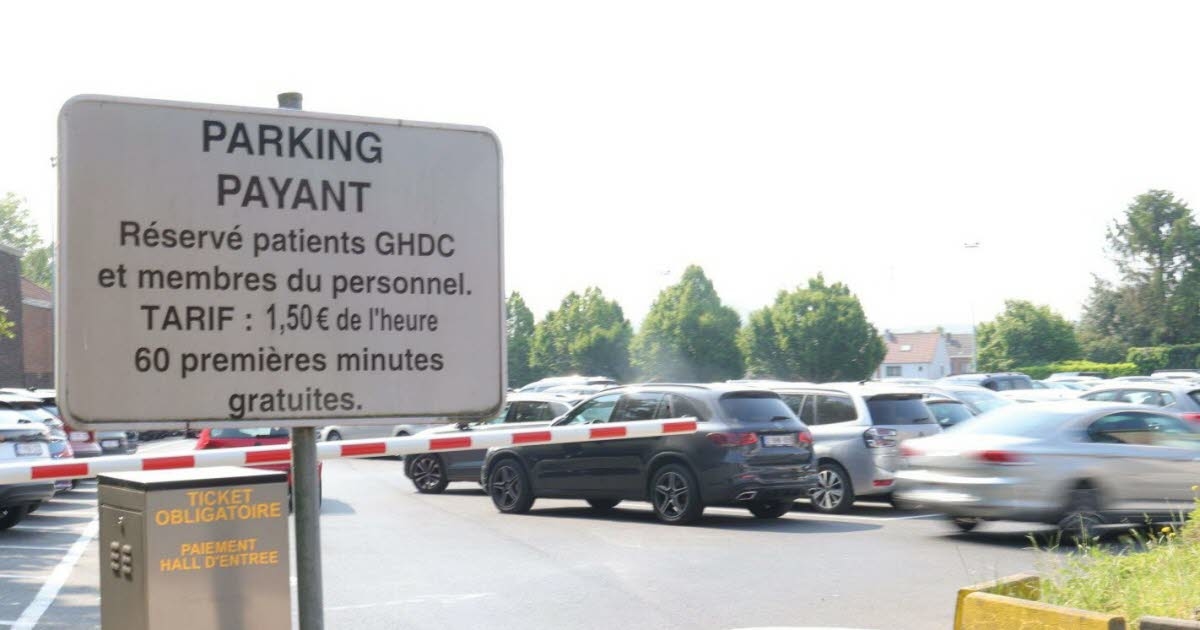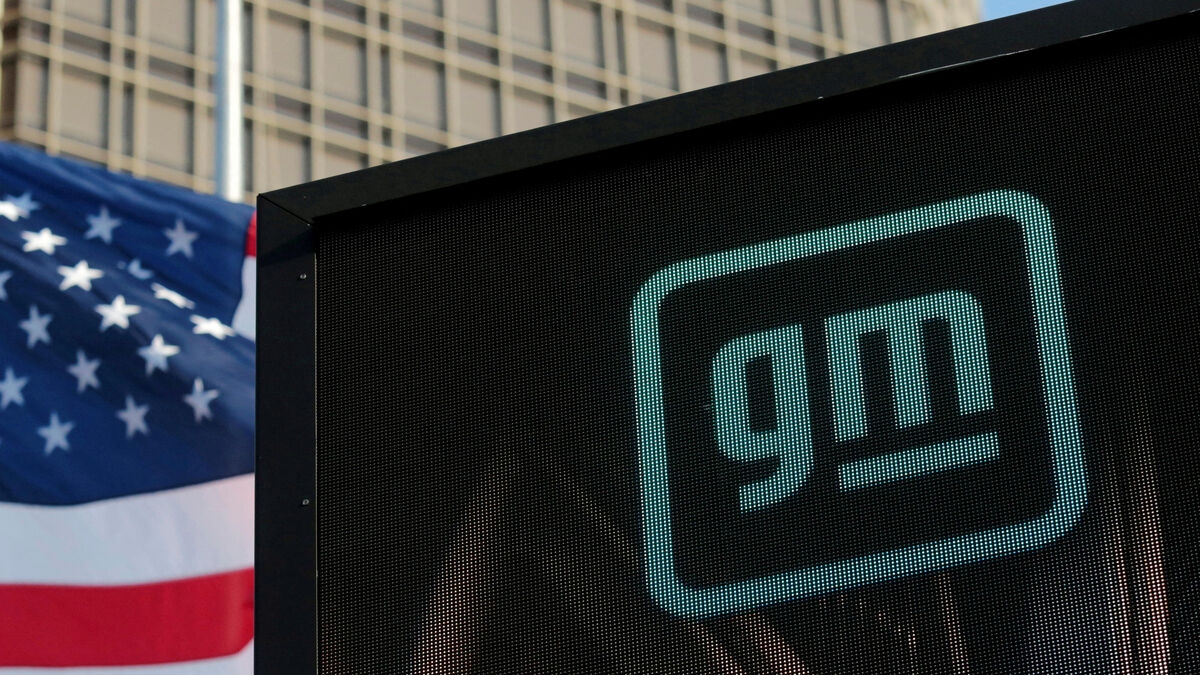Fredo, the Lyon-based start-up that wants to democratize dockless bike sharing

Théo Roussely, co-founder of Fredo, is the guest on 6 minutes chrono / Lyon Capitale.
The Lyon-based startup Fredo aims to democratize bike sharing beyond city centers. Thanks to a connected lock, it allows local authorities and businesses to offer a dockless, more flexible, and less expensive rental service. " The idea is to move away from docking station systems, which are very costly, especially for local areas, and to offer an alternative to bike sharing ," explains Théo Roussely. Already present in around twenty municipalities such as Annemasse, Évian, and Issoire, the young company plans to extend its model to business parks and areas lacking public transportation services.
In the Lyon metropolitan area, where Vélo'v bike-sharing stations dominate the urban landscape, Fredo aims to position itself as a complementary solution, particularly for the last mile. " Our goal is really to make cars less of a priority, especially for trips of less than two or three kilometers ," emphasizes the co-founder. With nearly 80 companies already using the service, Fredo hopes to convince new local authorities and strengthen its network across the region.
More details in the video:
Read also: Vélo'v in Lyon: 100,000 subscribers, new stations, but a few questions
The full transcript of the show with Theo Roussely:
Hello everyone, welcome to the 6-Minute Show, the daily program from the Lyon Capitale editorial team. Today, we're going to talk about transportation, mobility, and cycling, as we welcome Théo Roussely, co-founder of the Lyon-based startup Fredo, which specializes in bike sharing and has already recorded over 100,000 trips since its inception. Hello Théo Roussely. Thank you for joining us in the studio. Let's get straight to the point: can you explain the concept behind Fredo? What do you do?
Absolutely. Fredo is a bike-sharing solution made possible by connected locks. The idea is to move away from docking station systems, which are very expensive, especially for local authorities, and to offer an alternative to bike sharing.
How did this story begin? Because it's positioned—we'll talk about this later—in a market where there are already many shared bikes in the common sense. In Lyon, we have Vélo'v, and there's also Vélib' in other cities. Plus, we're pioneers in Lyon in this area. How did Fredo come about?
Fredo was born from a fairly simple idea: the vast majority of areas in France don't necessarily have access to services like those we're fortunate enough to have in Lyon with Vélo'v. The idea was therefore to provide an alternative bike-sharing solution, eliminating the need for docking stations and offering a simpler solution to implement. Thanks to this connected lock, it can be installed on electric bikes, regular bikes, or even second-hand bikes. The user then returns their bike in designated areas, locking it to a fixed point to prevent illegal dumping. The goal is truly to provide a solution for areas that don't have the same budgets or needs as major metropolitan areas.
It's important to mention this: you made it clear, but to be perfectly clear, your service isn't necessarily aimed at city centers. You already have a presence in certain towns and regions. Could you tell us where you're currently expanding?
Yes, absolutely. Today, we equip around twenty local authorities, towns or groups of municipalities with approximately 100,000 inhabitants. For the past few years, we've deployed our solution in Annemasse, near the Swiss border, in Évian, Bonneville, Saint-Gingolph… Further south, in Issoire, near Clermont-Ferrand, and also in Mauguio-Carnon, in other tourist areas. We sometimes operate seasonally to offer our solution in these towns.
It's clear that this isn't necessarily the case in city centers where there's already a service. But in Lyon, we know there are also problems: in some areas of the Presqu'île, after 8 a.m., there are no more bikes available. Could we imagine seeing the Fredo service in city centers as well in the future?
I think this could be a complementary solution to existing bike-sharing systems. We're currently working on last-mile issues, particularly in the business parks around Lyon. We're already collaborating with several of them so that where the bike-sharing service ends, we can offer a seamless connection with Fredo. The idea is to allow users, after using public transport, to reach their workplace by bike rather than on foot or by car. It's a solution designed for multimodality.
We also understand that the key issue is the security of your bikes. You have a smart lock technology that can be fitted to almost any bike. You mentioned before the show that it's really reliable: you can leave your bike on the street without fear of theft? It's a real problem in Lyon, where many people have their bikes stolen. How exactly does this lock work?
Our solution is based on three different tools. The first is the connected lock, which uses Bluetooth technology directly connected to the user's phone. A mobile app allows users to scan a QR code, unlock the lock, pause the ride, return the bike, and pay for their trip. We handle the entire payment process. Our lock is paired with a secure chain that meets the highest standards for protecting non-motorized two-wheelers. This guarantees the bike's security.
In addition, we have implemented a system of "green zones," like most bike-sharing and scooter-sharing services. Users must return their bikes to a specific location designated by the local authority, often on existing bike racks, and take a photo of the return. All of this helps ensure the reliability and safety of the service.
Lyon Capitale





